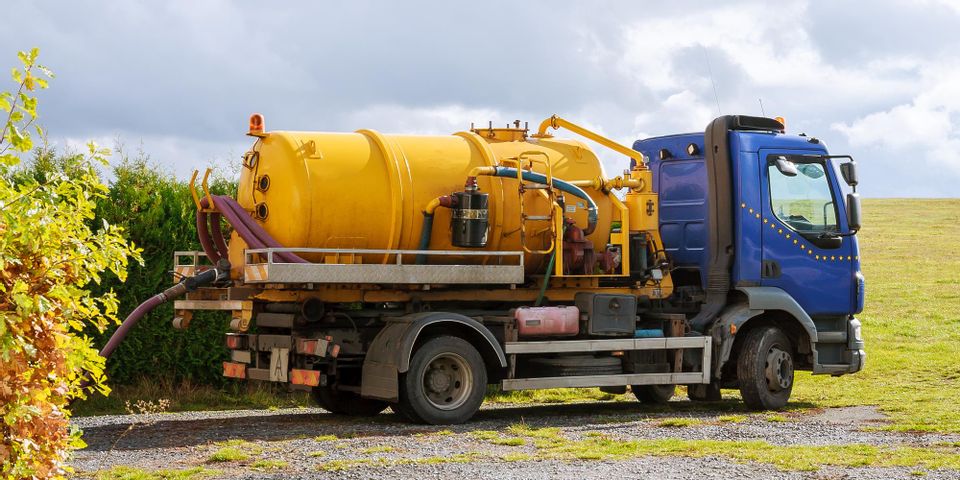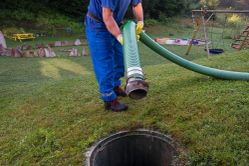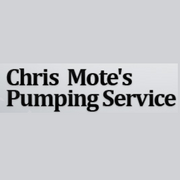Why You Shouldn't Put Additives in a Septic Tank

Although septic tank pumping every few years to remove sludge will give the container more room for wastewater, many homeowners put additives in the container to help waste break down faster. Unfortunately, these chemical or biological agents often do more harm than good. Here’s a closer look at why using additives is a bad idea.
How Septic Tanks Work Without Additives
When wastewater flows into a septic tank, solids float to the bottom to form the sludge layer, while oils float to the top to form scum. The wastewater that settles in the middle is called effluent. Effluent leaves the tank through the outlet baffle for further treatment in the drain field.
Naturally occurring bacteria in the waste help break down solids so that the sludge layer forms slowly. This way, you don’t have to perform septic tank pumping more frequently than every three to five years.
Why Additives Are Harmful

Chemical and biological additives contain enzymes that break down solid waste faster than the naturally occurring bacteria in the septic tank. Instead of sinking to the bottom of the tank, the tiny sludge particles will filter out of the outlet baffle with the effluent. This places strain on the drain field, leading to potential clogs in the perforated pipes. Once this happens, you’ll likely need to replace the blocked equipment.
Though garbage disposals are pretty common, we recommend throwing food waste into a trash can instead of putting it down your sink. The natural bacteria in the tank can’t break down the influx of solid waste fast enough and this can contribute to possible back-ups. This only adds to the strain your tank my have on it from using additives or putting other unhelpful materials down your pipes.
How to Maintain Bacteria Balance Without Additives
In addition to avoiding septic tank additives, call a plumber for help if there’s a drain clog in the home. They’ll use drain snakes and water-jetting tools to break up the blockage and help it pass through the line. If you use a chemical drain cleaner in a clogged pipe, the chemicals will kill the bacteria in the septic tank, leading to difficulty in waste breakdown. Paint thinners, bleach, and pesticides also contain chemicals that will destroy the bacteria.
For routine or emergency septic tank pumping, contact the crew at Chris Mote's Pumping Service in Cleveland, GA. For over 30 years, the state-certified technicians at this family-owned and -operated company have been the go-to source in White County for septic, cesspool, and grease trap pumping to boost the efficiency of clients’ waste management systems. Learn more about the team online and call (706) 865-5526 for pumping service.
About the Business
Have a question? Ask the experts!
Send your question

